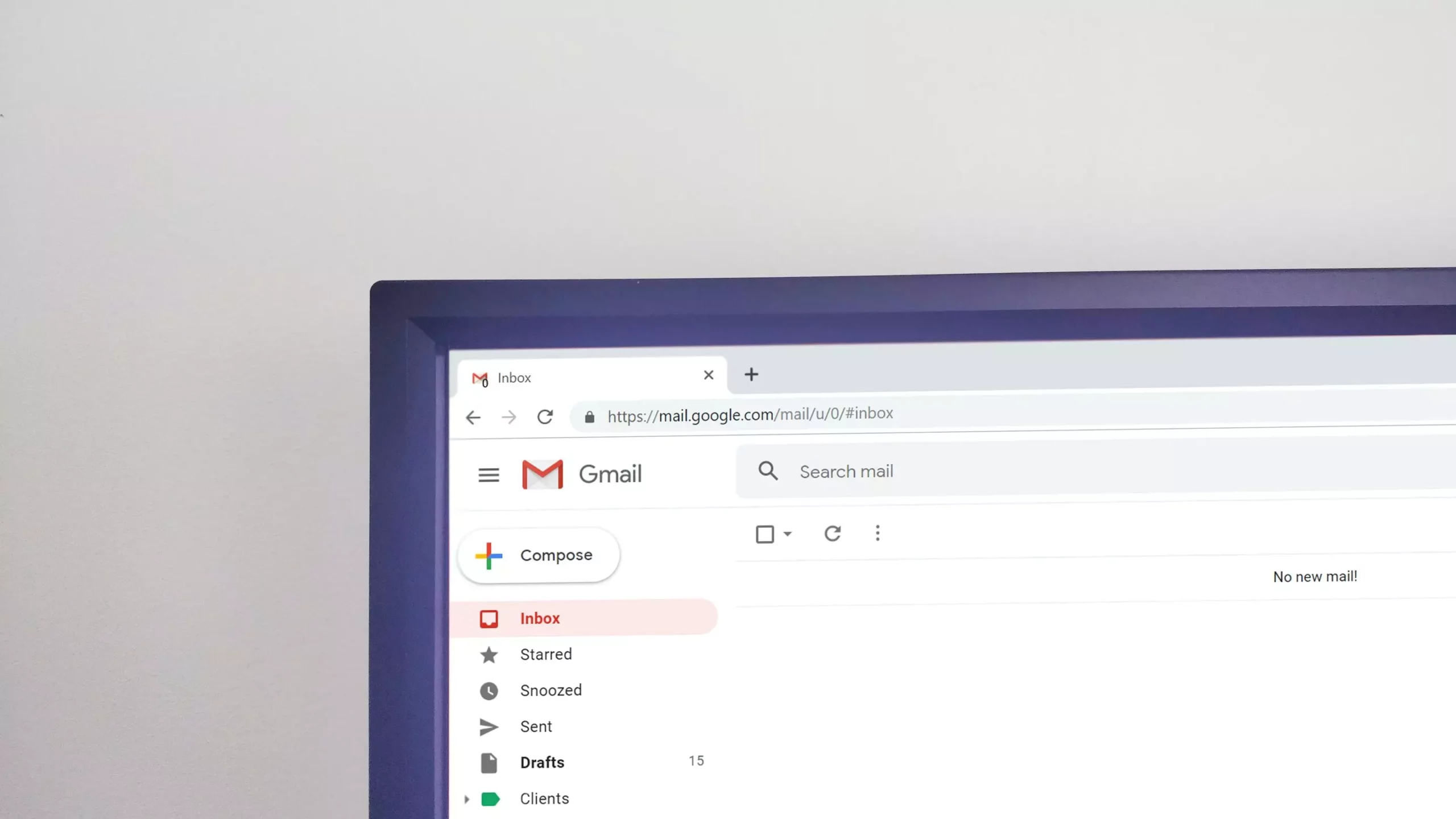Google has recently implemented a significant change in its Chrome web browser, by limiting third-party cookies for a portion of its users. This move is a crucial first step towards completely doing away with these cookies, which have long been a cause of concern for privacy advocates. While the tech giant has expressed its intention to eliminate third-party cookies, the final decision lies with Britain’s Competition and Markets Authority, which is currently assessing the potential impact on other businesses. Google’s plan involves gradually restricting third-party cookies for Chrome users, starting with one percent and eventually reaching 100 percent by Q3 2024.
Cookies, as small files that track web navigation and enable targeted advertising, have faced growing scrutiny in recent years. The European Union’s General Data Protection Regulation (GDPR), enforced in 2016, and similar regulations in California have sought to regulate the usage of cookies in order to protect user privacy. Third-party cookies, specifically those placed by visited sites rather than the browser itself, have been a particular source of concern.
While Google initially announced its plan to eliminate third-party cookies within two years in January 2020, the implementation has faced multiple delays. However, the recent move to limit these cookies marks a step forward in the company’s efforts. By default, Chrome is now restricting third-party cookies for one percent of its users for testing purposes. The company intends to gradually extend this restriction to include all Chrome users by Q3 2024.
In order to replace the tracking capabilities of third-party cookies, Google has been developing an alternative system called Federated Learning of Cohorts (FLoC). Unlike cookies that track individual users, FLoC groups hundreds or thousands of people into audience segments based on their browsing patterns. This approach aims to maintain user privacy while still allowing advertisers to effectively target their audience.
Google’s ambitious plan to eliminate third-party cookies requires approval from Britain’s Competition and Markets Authority. This regulatory body is responsible for assessing the potential impact on other businesses and ensuring fair competition in the market. Google’s commitment to obtaining the necessary approval showcases its recognition of the importance of a collaborative and regulatory approach to such significant changes.
The increasing regulation of third-party cookies reflects the growing demand for enhanced privacy in the digital landscape. Users are becoming more conscious of their online privacy rights, and lawmakers are responding to these concerns with stricter regulations. As technology progresses, striking the right balance between personalized advertising and user privacy will continue to be a pressing challenge for companies like Google.
Google’s decision to restrict third-party cookies for some Chrome users is a significant move towards meeting its goal of completely eliminating these files. The development of FLoC as an alternative system for targeted advertising demonstrates Google’s commitment to finding privacy-conscious solutions. However, the company still awaits regulatory approval before fully implementing its plan. As the digital landscape evolves, it is crucial for technology giants to prioritize user privacy and collaborate with regulatory bodies to ensure a fair and privacy-focused online experience.


Leave a Reply